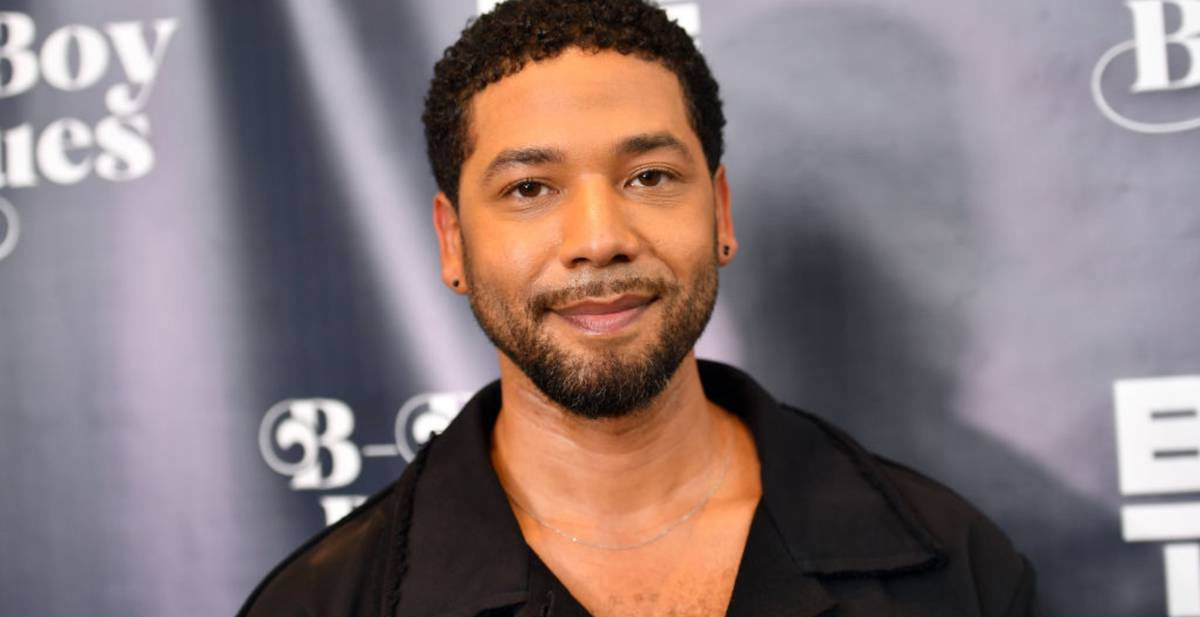
Photo Credit: Photo by Paras Griffin/Getty Images
The Illinois Supreme Court has overturned actor Jussie Smollett's conviction for staging a racist and homophobic attack, marking a complex conclusion to a case that captivated national attention.
In January 2019, Smollett, a 42-year-old Black and gay actor from the television series "Empire," claimed he was brutally assaulted by two men wearing Make America Great Again hats. He alleged the attackers shouted racial and homophobic slurs, placed a noose around his neck, and doused him with bleach – a narrative that initially drew widespread sympathy and support from celebrities and politicians.
However, investigations quickly exposed the incident as an elaborate hoax. Chicago Police revealed that Smollett had actually hired two Nigerian brothers, Abimbola and Olabinjo Osundairo, to stage the attack. The motivation, according to police statements, was reportedly tied to Smollett's dissatisfaction with his $100,000-per-episode salary.
The legal journey took multiple dramatic turns. Initially, Cook County State's Attorney Kim Foxx dropped the original 16 charges in April 2019, a decision that prompted significant controversy. Subsequently, a special prosecutor, Dan Webb, was appointed to investigate the case, leading to Smollett's conviction in December 2021 on five counts of disorderly conduct.
The Illinois Supreme Court's recent ruling hinged on a critical constitutional argument. The court stated that the state violated Smollett's due process rights by pursuing a second prosecution after the initial charges were dismissed, emphasizing the importance of honoring prosecutorial agreements.
Special Prosecutor Dan Webb expressed profound disagreement with the ruling, maintaining that the decision "has nothing to do with Mr. Smollett's innocence." In a comprehensive statement, Webb highlighted the extensive investigation and the jury's unanimous original verdict.
The financial implications remain substantial. The Chicago Police Department spent over $130,000 investigating the fabricated hate crime, and a civil lawsuit is still pending to recover these expenses.
While the conviction has been overturned, the fundamental facts of the staged attack remain unchanged.

















